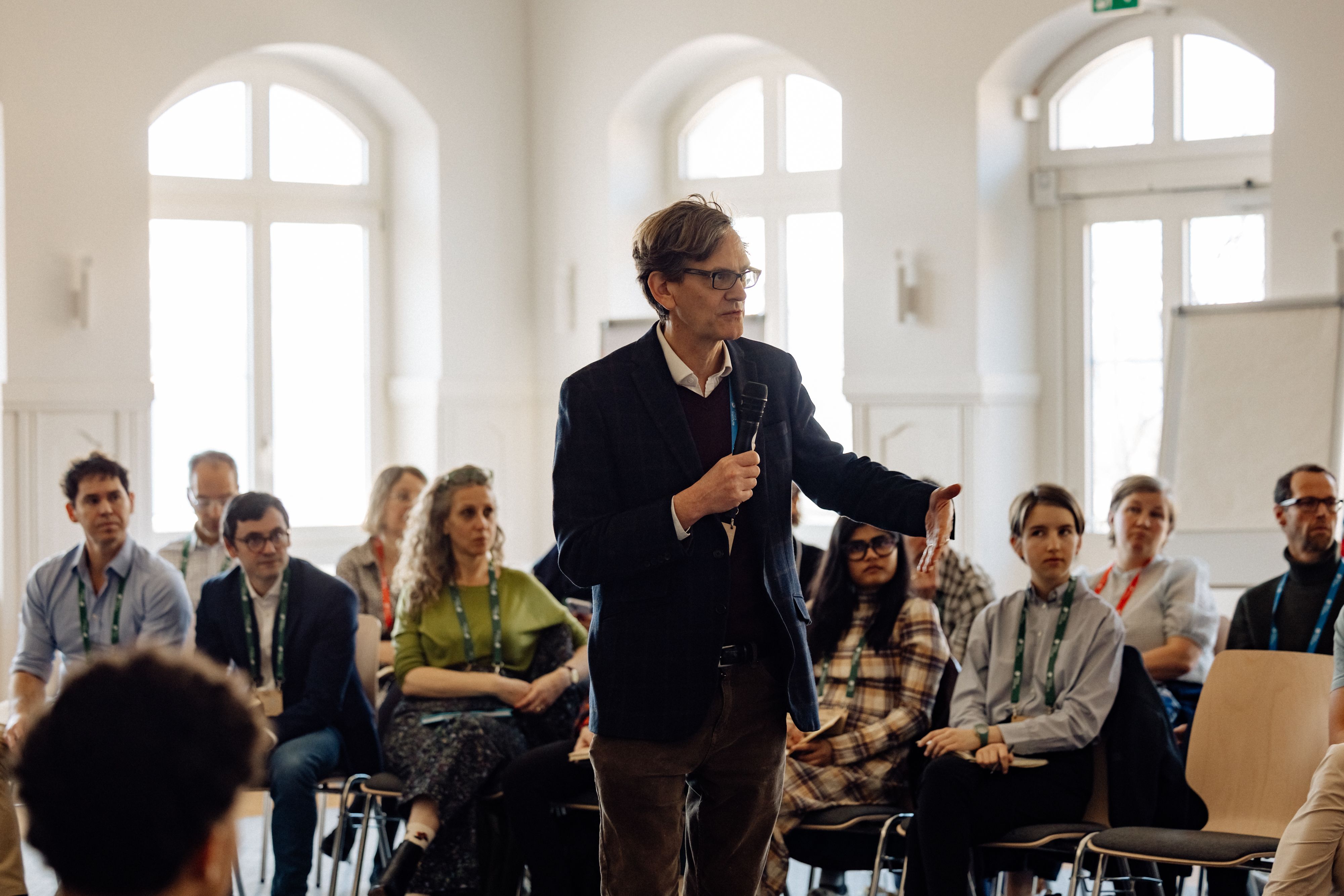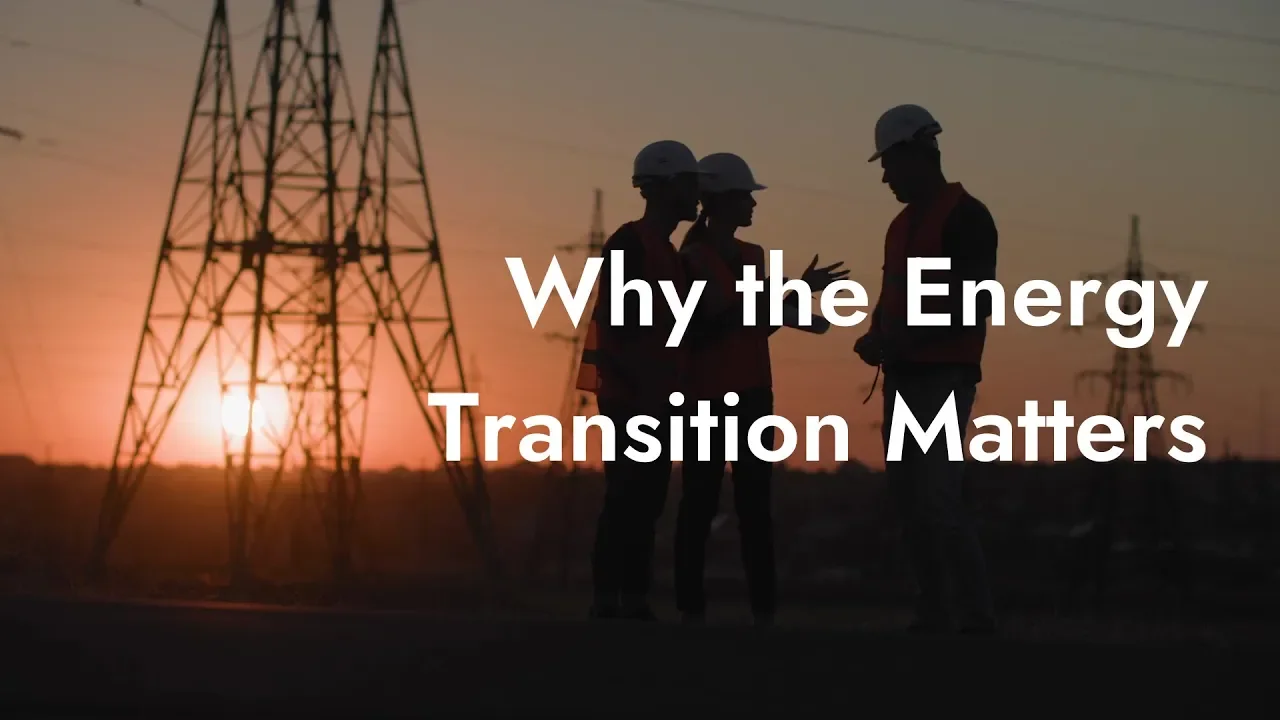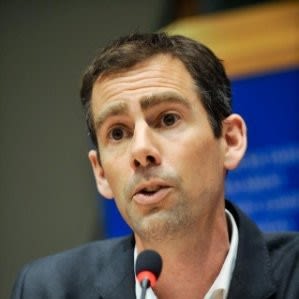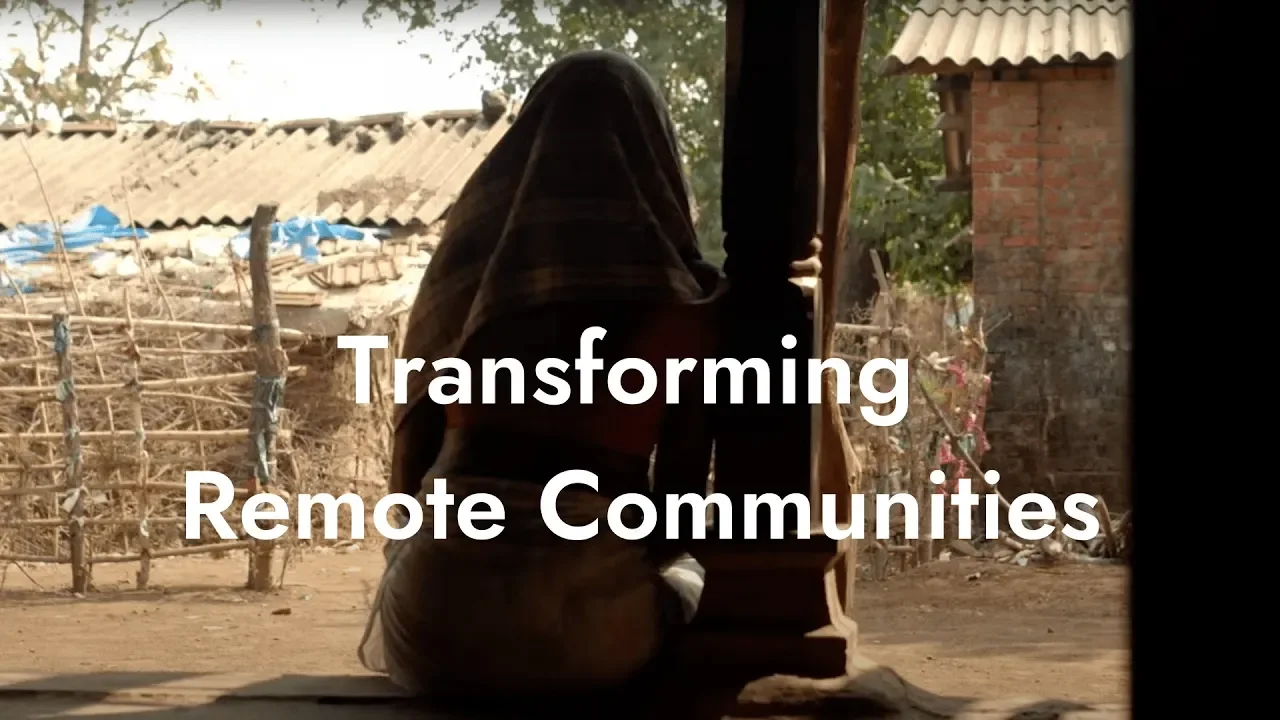Ideas from the Speakers
The global energy landscape is at a critical juncture, with record-breaking global temperatures in 2024 and a significant increase in electricity generation from zero-carbon sources. However, despite these milestones, the transition to a cleaner, more sustainable energy system is not happening fast enough.
Experts emphasized the importance of attracting investment into clean energy solutions. Although investments in grids, transport, and industry are increasing, a 168% investment gap remains that must be bridged by 2030 to meet net-zero goals. It was stressed that while renewable energy sources like solar and wind are becoming cheaper, investment and infrastructure expansion are not keeping pace with rising demand.
One speaker highlighted the disparity between renewable energy progress and overall energy consumption. While 40% of global electricity came from renewables in 2023, electricity only accounted for 20% of total energy demand. Less than 10% of total energy consumed is low-carbon, demonstrating the slow pace of decarbonization. The speaker also noted that global energy access remains unequal, with over 3 billion people consuming less electricity than a US refrigerator annually.
The main drivers of rising electricity demand are air conditioning, artificial intelligence, and data centers. Despite the significant deployment of renewable energy, it has not been sufficient to meet increasing demand, let alone replace existing fossil fuel infrastructure. The need for economic incentives and cross-sector collaboration points to successful policy adoption in Europe, where feed-in tariffs encouraged private-sector investment in renewables.
A key challenge, according to the speakers, is balancing energy transition with economic realities. The slow pace of permitting for clean energy projects delays their implementation, while financial incentives must be stable to ensure long-term investment, even as governments change. Addressing policy uncertainty and ensuring continued support are crucial for maintaining momentum in the transition.
Insights from the Audience
The audience discussions revolved around the barriers and opportunities in achieving a sustainable energy future.
One major concern raised was the inefficiency of permitting processes. Some projects initiated in 2009 are only now reaching the construction phase, which delays critical clean energy transitions. However, while streamlining permitting is necessary, relaxing regulations too much could lead to negative impacts on biodiversity and local communities.
Affordability was another central issue. The 2022 spike in energy prices reduced demand, highlighting how sensitive the market is to cost fluctuations. Additionally, the massive water consumption required for energy production in the Western world was noted as an overlooked environmental challenge.
The role of policy modernization was another recurring theme. The audience agreed that effective policy incentives, particularly for battery storage and grid infrastructure, are crucial to preventing public backlash and ensuring a just transition. Many emphasized that government support should be sustained despite political shifts, ensuring consistency for investors and stakeholders.
Discussions also touched on the evolving role of finance in the energy transition. Venture capital funding is becoming increasingly important in scaling sustainable solutions. Sustainable fuels, for example, are seen as a long-term investment, requiring both increased capital and technological advances to reduce costs. In the short term, however, improving efficiency in sectors such as aviation and shipping, as well as promoting low-cost alternatives like train travel, could offer immediate sustainability gains.
Audience members acknowledged the delicate trade-offs between nature and climate action. While expanding renewable energy is necessary, it must be done without compromising biodiversity and natural ecosystems. The importance of balancing economic growth, energy security, and environmental sustainability remains at the heart of this global challenge.









